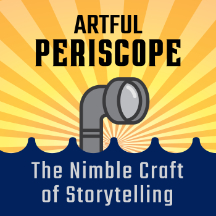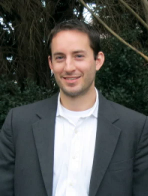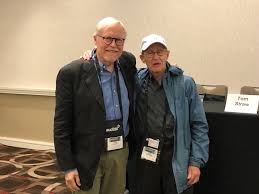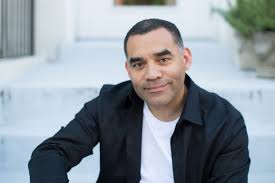How many threads pull on our own identity and existence? On this week’s episode of The Artful Periscope, Larry sits down with author K.T. Nguyen to discuss her debut novel You Know What You Did. Nguyen details her childhood growing up in a small Ohio town as a first-generation child to Vietnamese refugees, her Ivy league education and her eventual move to New York City to become a magazine editor. Her life experiences inspired the protagonist of her novel, Annie, who is also Vietnamese and struggles with Obsessive Compulsive Disorder, a condition which Nguyen had developed as a teen. Larry and Nguyen explore how OCD and the word “obsessive” is often overused, Annie’s complicated relationship with her mother and friend Danielle, and the flashback sequences in Saigon.

After the break, Larry welcomes retired US Army soldier and former intelligence officer Delbert A Roll to the show. Delbert shares stories of brave men and women who served in the U.S. military, including Robbie Miller, Pat Tillman, Michael P. Murphy, Patty Collins and his best friend Brian Hope. Larry and Delbert also discuss the transition into civilian life, Delbert’s novel-in-progress and the welcoming nature of the writing community.

Podcast: Play in new window | Download



















